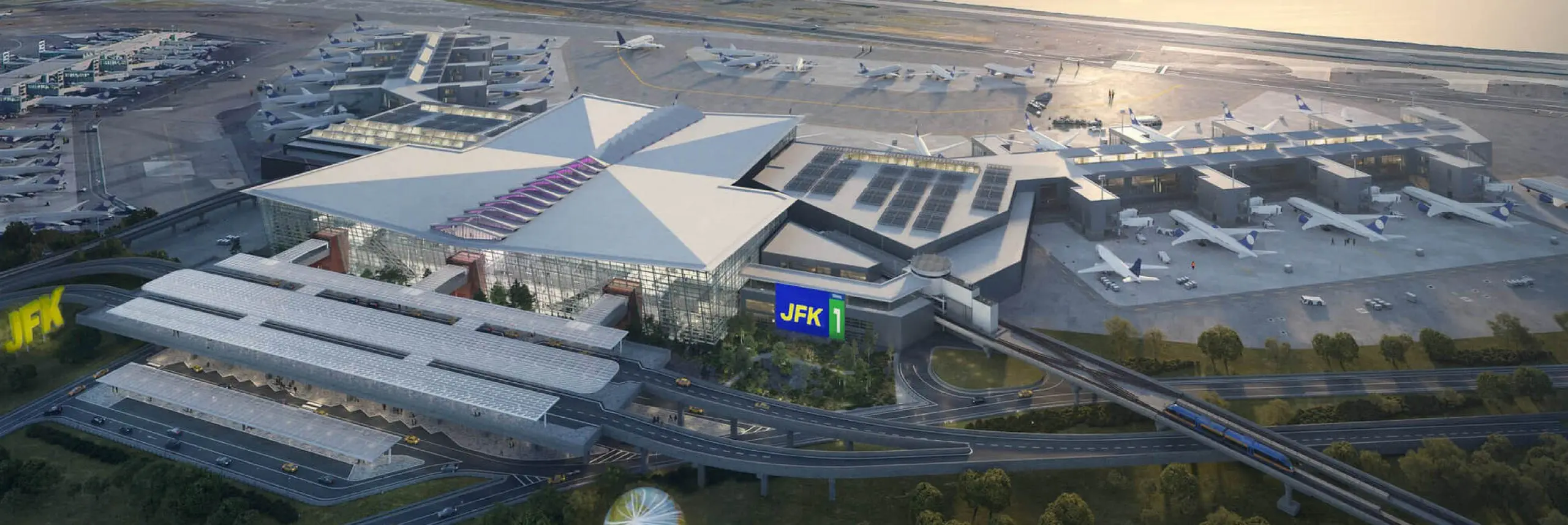
21 Jul A successful test run of cargo community system for WFS at JFK Airport
The air cargo business is swiftly shifting focus from general cargo to highly specialized cargo verticals, according to an article on worldbank.org. In this evolving business scenario, traditional stakeholders of the air cargo industry will need to deploy data analytics and data mining technologies for creating bespoke products for air cargo, which are distinct from those for the passenger business.
Airport cargo community system – the optimal solution to overcome all challenges
A single window system such as an air cargo community system (ACS) enables electronic communications in airports between private transport operators (airlines, agents, and freight forwarders), the private vicinity (pre- and on-carriage, usually by road), importers and exporters, the airport authorities, customs, and other authorities.
It is an electronic collaboration to help all stakeholders electronically communicate within themselves and with other stakeholders like airlines, customs house agents, customs, and GHAs. It facilitates the movement of goods and information at the airport and aids in digital interactions, in conformance to initiatives around e-freight, e-AWB, and e-CSD.

A successful pilot run
Worldwide Flight Service (WFS) implemented Airport Cargo Community System (ACS), a slot booking system. This system assists in eliminating the continuous congestion issues at JFK by streamlining the process as well as promoting complete visibility of shipment movement.
Ultimately, ACS is paving the way for creating more efficiency and is also reducing its carbon footprint. Now six months later, over eighty stakeholders (about 74% participation) enrolled in the WFS Time Is Money Program with nearly 1600 transactions dock in to dock out process performed. This means there were almost 1600 appointments made and completed on the platform as of May 31, 2022. The impact of Phase I is extremely noticeable, at building 9, and the next phase of ACS implementation is ready to begin.
One of the key stakeholders utilizing the solution said, “While there were some challenges in the implementation and training phases, the result is a seamless appointment process with a friendly user interface. More importantly, the reduction in wait times from our perspective takes building 9 from our “Most Help Needed” facility to get freight in and out, to an organized, less congested, and optimized cargo process flow oriented facility.”

Bridging the gap between standardization & evolving needs
Air cargo is a booming segment within the airline industry with a significant share of revenues. There are significant challenges facing the industry, especially regarding lagging IT infrastructure upgrades. In the next two decades, air cargo traffic is expected to go beyond thrice its current size, out-pacing passenger traffic and thereby providing airlines with greater revenue-generation opportunities. Technological systems like ACS can bridge the gap between the standardization of processes and the technological needs of the air cargo value chain.
